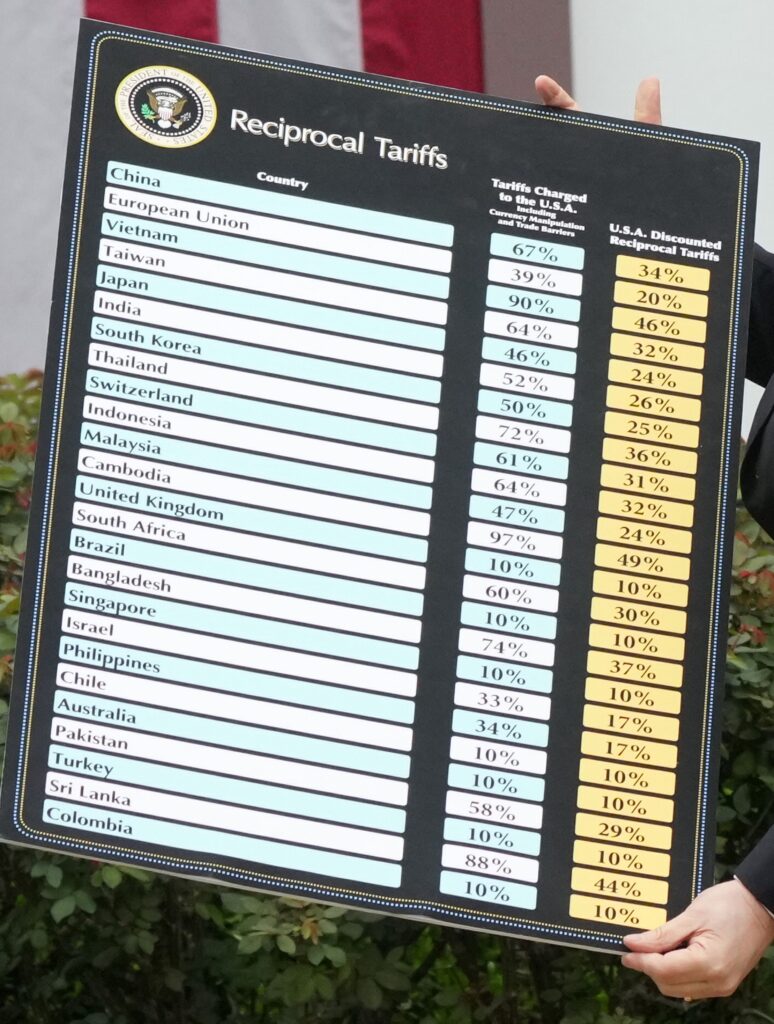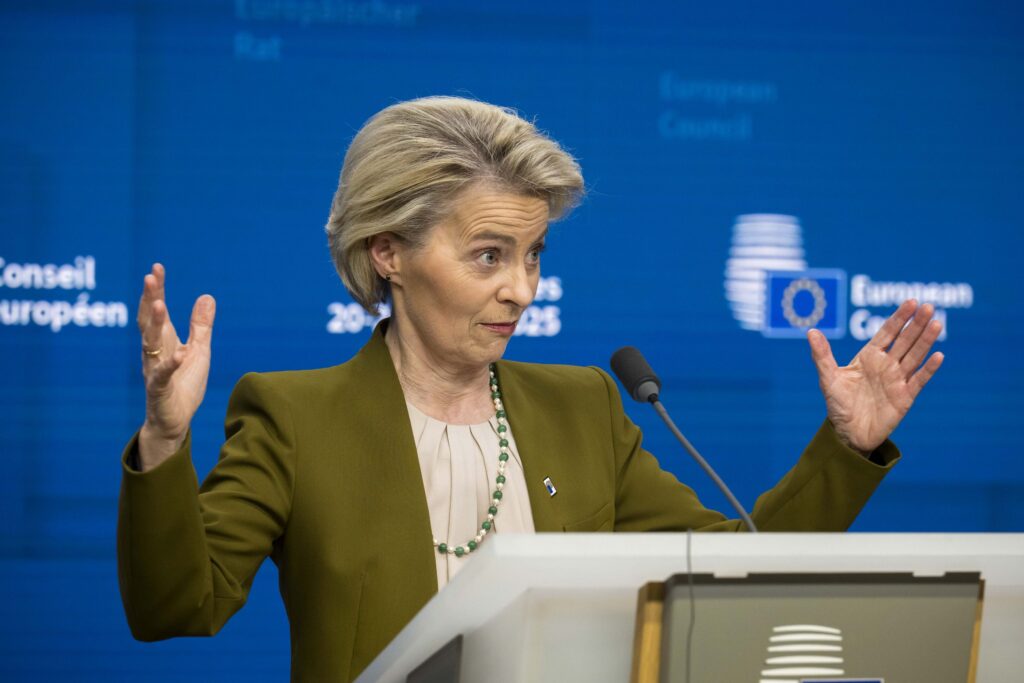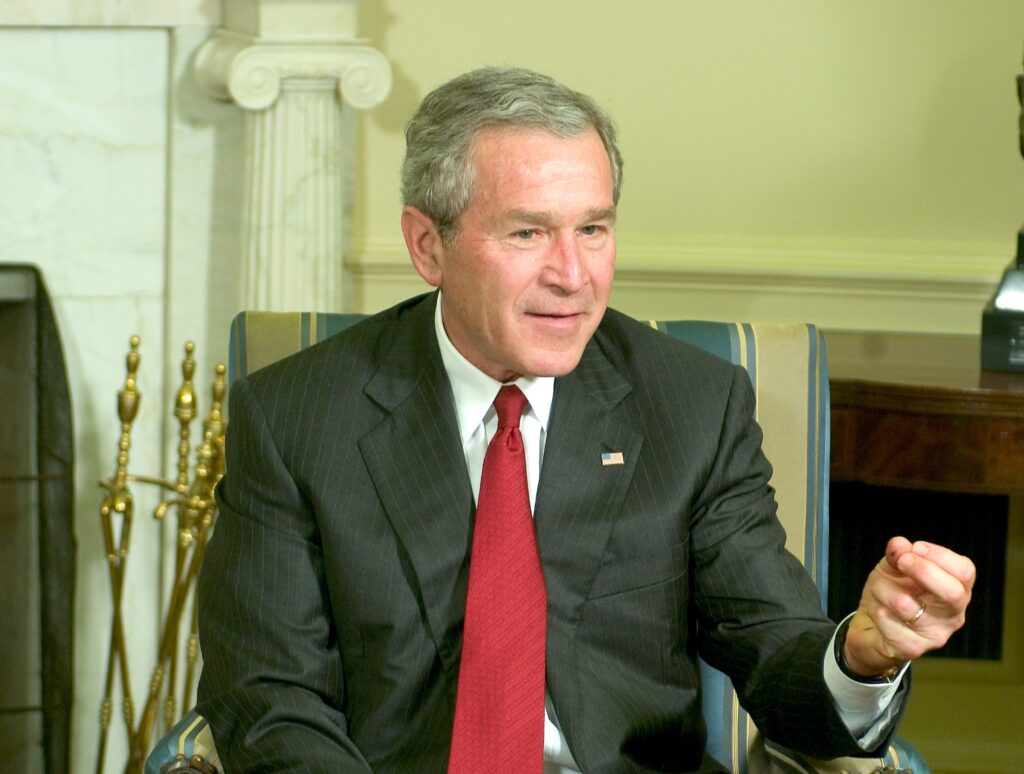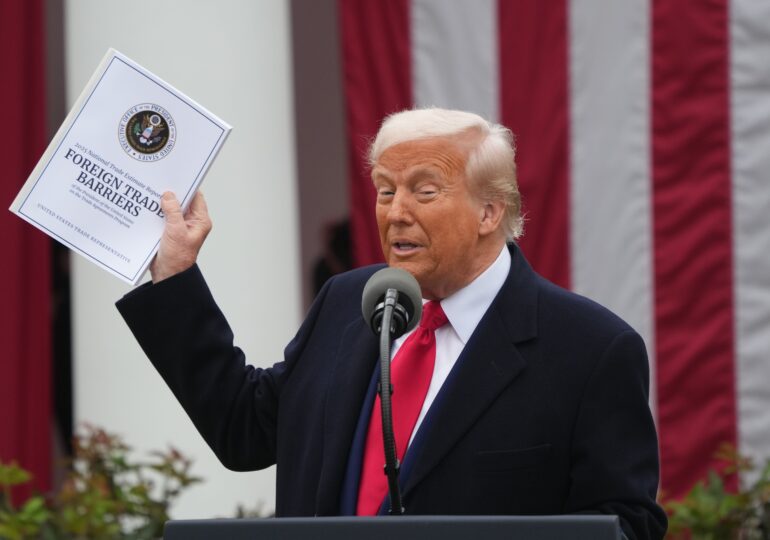If you ask a suicide about liberation, there is a high chance that they will say death could be one of the solutions to reach it.
So it’s not surprising at all that „Liberation Day,” announced with great fanfare by Donald Trump, the day he released the promised tariffs, is considered by many experts as an economic suicide version of America.
In a globalized world where information circulates rapidly, and innovation is no longer the monopoly of a single country but is based on creating conducive conditions for research, collaboration, and testing, taxing goods and services is more about public policies, a vision of international relations and the role of a state, its objectives rather than seeking a victory in a trade war.
Tariff policy, both domestic and foreign, aims at certain targets and is carefully applied, following calculations, studies, public debates, in order to encourage development, not to produce social and economic imbalances.
Donald Trump did the exact opposite, using taxation as a weapon against the states he considers "hostile," practically the entire world, causing a huge surprise by imposing unexpectedly high commercial tariffs.
"Donald Trump committed the most profound, damaging, and useless economic error of the modern era…," writes "The Economist" publication.

"Few expected him to go so far. In a stunning change of American economic strategy, Donald Trump raised tariffs on a large scale… For Trump, the measures represent an attempt to definitively end a long era of increasingly free global trade…," say journalists from the famous specialized magazine.
The main economy that benefited from globalization was the USA, which also established the rules of international trade, "The Economist" further argues, so the American president's decision to destroy a system created by America itself over time, after World War II, will have dramatic effects not only on the USA but also on the invented "enemies."
No one knows what will happen in the next period, but many economists agree that a global crisis has been triggered.
But why did Trump make such a decision?
Here are five arguments stated on various occasions by the American president to explain the need for imposing tariffs:
- Donald Trump is convinced that the US trade deficit is a huge burden that slows down the country's development.
- He believes that all previous policies to reduce the trade deficit failed because the measures taken were not radical enough.
- The American president sees global trade as a rigged casino game, where everyone else wins, and America always loses.
- He considers import taxes the golden bullet that solves all of the US economic problems.
- He also sees tariff policy as a weapon he can successfully use to impose his decisions. For example, he was convinced that a massive increase in taxes on imports from Canada would lead to a political capitulation from Ottawa's leadership and the country's entry under the USA's tutelage - "the 51st state." The exact opposite happened.
All five arguments of the American president are wrong, according to specialists, and the errors stem from a poor economic education, a limited understanding of state relations, but also the elevation of his pragmatic vision to the rank of a religion through which he tries to simplify problems, get to the essence, and propose a quick solution.
Unfortunately, many problems are complex and do not have simple, immediate solutions.
We went from an almost ideal market environment in the last two years to the complete and total destruction of our trading system, one from which America has greatly benefited through lower prices...
Ross Geber, CEO of Investment Fund, for CNN
Chaos in regard to tariff imposition
"The global economic impact of Donald Trump's tariff barrage is unknown - not least because we do not know how countries will react. If countries try to negotiate with the US to reduce tariffs, the damage could be lighter. But if the response involves widespread retaliation, the result could be a decrease in global trade and slower growth, recession, or even worse," states the editorial published by the Wall Street Journal, a conservative-oriented daily owned by Rupert Murdoch, a supporter of Trump.

"Not all details are clear as we write these lines, but Mr. Trump's tariffs seem reciprocal in name only. First, he imposes a base tariff of 10% on every nation in the world to sell in the American market.
For those he calls bad actors, he adds the respective country's tariff rate on American goods, plus an arbitrary estimate of currency manipulation costs and non-tariff barriers. He then takes this total figure and applies half of it in the form of tariffs on that country's exports to the USA," further explained by "Wall Street Journal."
Another issue regarding Trump's decision is that neither he nor his cabinet have tested it. No one knows where the entire economy will go, what kind of reactions, alliances, and effects will emerge.
The main idea of specialists is that in such a high interdependence between states, a possible crisis will affect everyone.
Widespread lack of support for Donald Trump's risky policy
In the fall of 2008, when Lehman Brothers Bank collapsed, triggering a global crisis, George W. Bush, a Republican president nearing the end of his term, who promoted massive tax cuts for high-income earners and supported financial deregulation, called in experts and surrendered to them, approving drastic state intervention measures in the economy that had no connection to the previous Republican policy.

It wouldn't be unusual for humanity to head in exactly a similar direction - a financial crisis followed by a recession, just like in 2008.
Donald Trump is an impulsive leader who reads nothing, according to testimonies from his team, with a huge ego and little responsibility. There are frequent examples when, after a wrong decision, he blames his real or imaginary opponents, or claims that the problem did not exist.
Will we have to save the auto companies too? Will we have to save all those affected by these tariffs? It's not a very good idea… Despite contrary arguments, Americans know that tariffs are a tax they will have to pay…
Rand Paul, Republican senator who voted against Trump's tariffs
The good part in all this chaos created in just a few weeks of the presidency is that his political support has plummeted, and some Republicans are starting to react.
A law was passed in the Senate that cancels Trump's executive order to impose a 25% tax on imports from Canada. Four Republican senators voted alongside Democrats, obtaining a majority that validated the project.
A vote in the House of Representatives is now needed for the law to come into effect.
Although it is still unclear when and if it will be voted on, achieving a majority in the Senate that legislates against Trump is a critical signal to him, as he finds himself censored less than 100 days into his term.
The American president's decision to impose unexpectedly high tariffs, which will affect global trade as a whole, has not been well-received even in the US, with fewer and fewer people supporting Donald Trump's risky politics.

